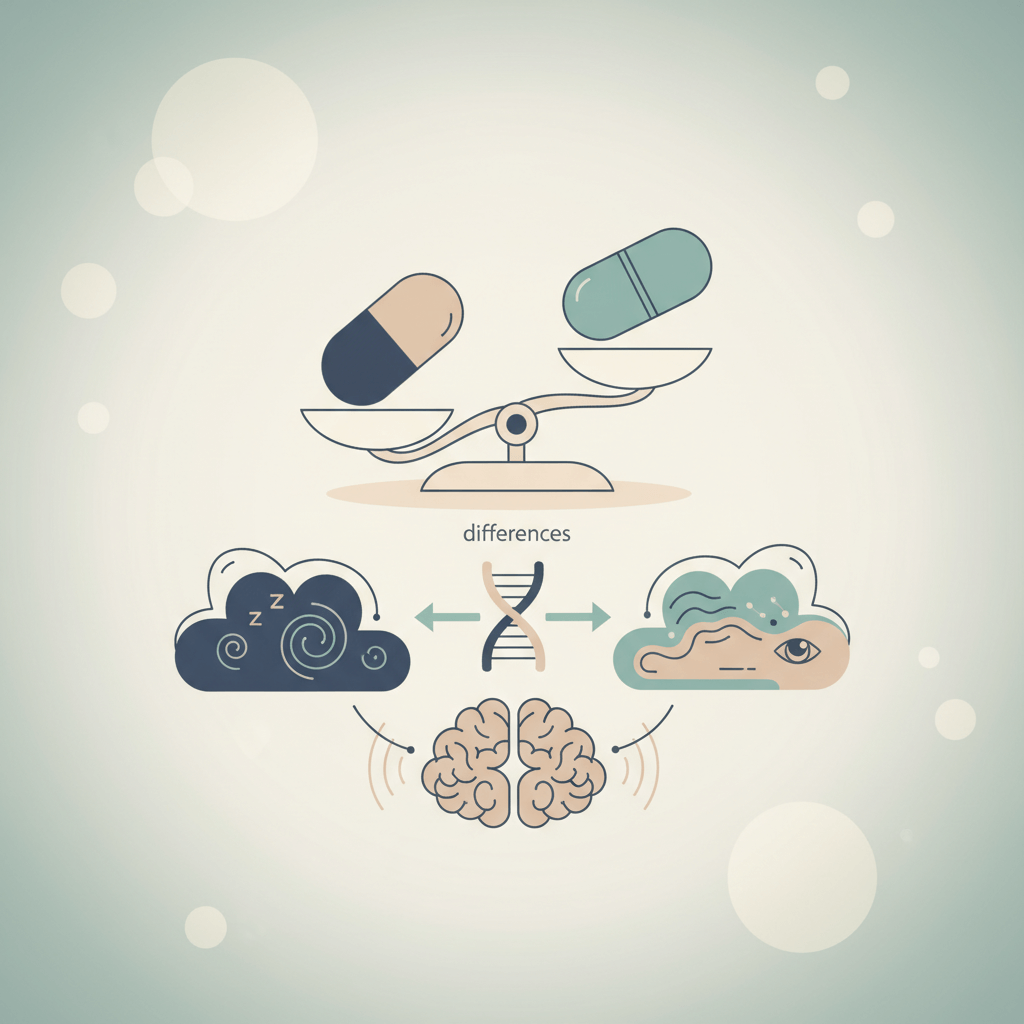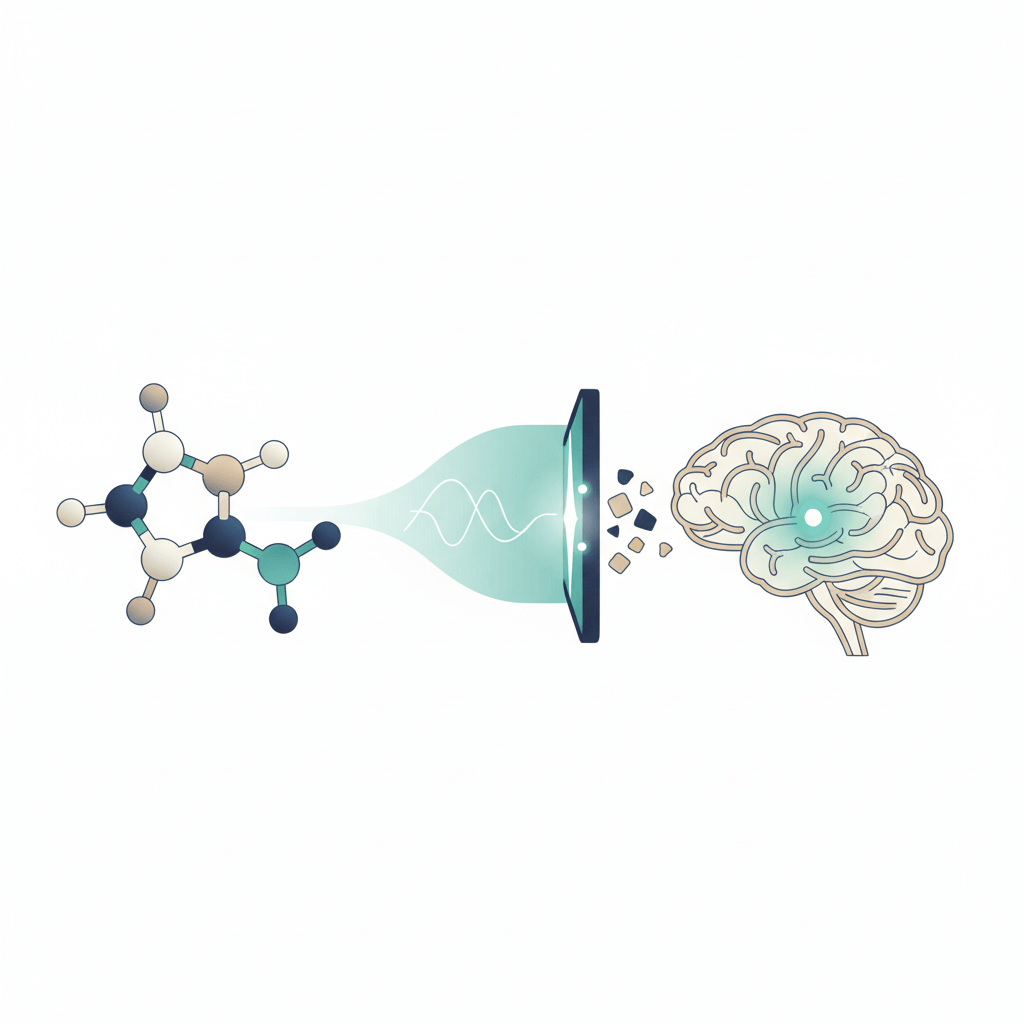Understanding Senate Bill 1180
Senate Bill 1180, also known as SB 1180, is a legislative proposal that has garnered significant attention. This section aims to provide an introduction to SB 1180 and shed light on its purpose.

Introduction to SB 1180
SB 1180 is a bill introduced in the Senate with the objective of addressing certain issues and concerns. It is important to note that the specifics of SB 1180 may vary depending on the jurisdiction or region it pertains to.
Purpose of the Bill
The purpose of SB 1180 is to bring about specific changes or improvements in a particular area affected by the legislation. The bill may be designed to address various aspects such as public safety, education, healthcare, or environmental concerns. The exact purpose of SB 1180 can only be determined by referring to the specific details outlined within the bill itself.
While the specific details and provisions of SB 1180 are beyond the scope of this section, it is important for individuals to familiarize themselves with the bill and its objectives. By understanding the purpose of SB 1180, individuals can better evaluate its potential impact on their communities and engage in informed discussions regarding its merits and drawbacks.
Key Provisions of SB 1180
Senate Bill 1180 (SB 1180) introduces several key provisions that aim to address specific issues and achieve certain objectives. Understanding these provisions is essential in comprehending the impact and potential benefits of the bill.
Main Objectives
The main objectives of SB 1180 are centered around improving various aspects of society. While specific objectives may vary depending on the details of the bill, some common objectives often found in legislation include:
- Promoting Equity: SB 1180 may aim to promote equity by addressing disparities and ensuring fair treatment for all individuals. This could include measures to reduce discrimination, improve access to resources, or support marginalized communities.
- Enhancing Safety and Security: The bill may have provisions that aim to enhance safety and security within communities. This could involve measures to strengthen law enforcement, improve public safety infrastructure, or combat certain types of crime.
- Protecting Rights and Liberties: SB 1180 might encompass provisions focused on protecting individual rights and civil liberties. This could include measures to safeguard freedom of speech, privacy, or other fundamental rights.
- Addressing Social and Environmental Issues: The bill may also tackle social and environmental challenges. This could involve provisions aimed at mitigating climate change, promoting sustainability, or addressing social issues such as poverty or healthcare access.
Impact on Communities
SB 1180 has the potential to significantly impact communities. The specific impact will depend on the provisions outlined in the bill. Some potential impacts may include:
- Improved Quality of Life: If the bill addresses issues such as access to healthcare, education, or affordable housing, it could lead to an improved quality of life for individuals and communities.
- Reduction of Inequities: By addressing disparities and promoting equity, SB 1180 could help reduce social and economic inequities within communities, ensuring fair treatment and opportunities for all.
- Enhanced Safety and Security: If the bill includes provisions to strengthen law enforcement or improve public safety infrastructure, it could contribute to increased safety and security within communities.
- Environmental Stewardship: If SB 1180 addresses environmental issues, it could help communities become more sustainable by promoting clean energy, conservation efforts, or waste reduction.
It's important to note that the impact of SB 1180 may also vary depending on the implementation, compliance, and effectiveness of the bill's provisions. Public response and engagement with the legislation can also influence its ultimate impact on communities.
Implementation of SB 1180
To understand the practical aspects of Senate Bill 1180, it's important to explore its timeline for implementation and the entities involved.
Timeline for Implementation
The specific timeline for the implementation of SB 1180 may vary depending on the legislative process and any amendments made to the bill. However, it typically follows a series of stages before becoming fully effective.
- Introduction: The bill is first introduced in the legislature by the sponsoring senator or representative. This marks the initial step in the legislative process.
- Committee Review: After introduction, the bill is referred to a relevant committee for review. The committee examines the bill's provisions, holds hearings, and may make amendments.
- Floor Votes: Once the committee review is completed, the bill is presented to the full legislative body for a vote. A majority vote is required for the bill to proceed.
- Conference Committee: If the bill is passed with amendments in both chambers (e.g., Senate and House of Representatives), a conference committee is formed to reconcile any differences between the versions.
- Governor's Approval: After the bill successfully passes both chambers and any necessary conference committee, it is sent to the governor for approval. The governor may sign the bill into law, veto it, or allow it to become law without their signature.
- Effective Date: If the governor signs the bill or allows it to become law, SB 1180 will have an effective date specified within the legislation. This is the date on which the provisions of the bill officially come into effect.
It is essential to stay updated on the progress of SB 1180 through official legislative sources to track any changes to the timeline for implementation.
Entities Involved
The implementation of SB 1180 involves various entities responsible for enforcing, monitoring, and complying with the provisions outlined in the bill. The specific entities involved may differ depending on the nature of the legislation and its intended scope. However, common entities that play a role in implementing bills include:
- Government Agencies: Relevant government agencies at the federal, state, or local level are often involved in implementing and enforcing legislative measures. These agencies may develop guidelines, conduct inspections, and enforce compliance with the provisions of SB 1180.
- Regulatory Bodies: In certain cases, regulatory bodies or commissions may be established to oversee the implementation and administration of specific aspects of the bill. These bodies may be responsible for issuing licenses, permits, or certifications and ensuring compliance with the regulations set forth in SB 1180.
- Stakeholders and Advocacy Groups: Stakeholders, such as industry associations, community organizations, and advocacy groups, may have a role in the implementation process. They may provide input, monitor the effects of the bill, and offer recommendations or feedback to the relevant entities involved.
- Legal Professionals: Legal professionals, including attorneys and judges, may be involved in interpreting and applying the provisions of SB 1180. They play a crucial role in ensuring compliance with the law and resolving any legal disputes that may arise.
Understanding the timeline for implementation and the entities involved is essential for comprehending how SB 1180 will be enacted and enforced. It is advisable to consult official government sources and relevant legal experts for the most accurate and up-to-date information regarding the implementation of the bill.
Public Response to SB 1180
As Senate Bill 1180 (SB 1180) makes its way through the legislative process, it has garnered both support and concerns from various stakeholders. Let's delve into the public response surrounding this bill.
Support for the Bill
SB 1180 has gained significant support from advocates who believe in its objectives and potential benefits. Proponents argue that the bill addresses crucial issues and promotes positive change in the community.
Supporters of the bill highlight the following reasons:
- Environmental Conservation: SB 1180 aims to promote environmental sustainability and conservation efforts. Advocates argue that the bill's provisions align with the goal of reducing carbon emissions and protecting natural resources.
- Public Health: Proponents of SB 1180 believe that the bill can have a positive impact on public health. They argue that the bill's implementation can lead to improved air quality, reduced pollution, and a healthier environment for communities.
- Economic Opportunities: Supporters of SB 1180 emphasize the potential economic benefits associated with the bill. They assert that the transition to cleaner and more sustainable practices can create new job opportunities and stimulate economic growth in relevant industries.
Concerns Raised
While SB 1180 has received support, it has also generated concerns and reservations among certain groups. Opponents of the bill express various worries regarding its implementation and potential consequences.
Some of the concerns raised about SB 1180 include:
- Economic Impact: Critics worry that the bill's requirements and regulations may impose financial burdens on businesses and industries. They argue that the costs associated with compliance and transitioning to cleaner practices could negatively impact economic viability.
- Job Losses: Some opponents express concerns about potential job losses resulting from the bill's implementation. They argue that industries relying on traditional practices may suffer significant disruptions, leading to layoffs or closures.
- Feasibility and Implementation: Critics question the feasibility of implementing the bill's provisions. They raise concerns about the practicality of meeting the bill's requirements within the proposed timeline and the potential challenges faced by various entities involved.
It's important to note that the public response to SB 1180 may continue to evolve as the bill progresses through the legislative process. As stakeholders engage in discussions and debates, it is likely that additional viewpoints and concerns will emerge.
The public response to SB 1180 reflects the diverse perspectives surrounding this legislation. It is crucial for policymakers to consider both the support and concerns voiced by the public in order to shape effective and balanced policies that serve the best interests of the community.
Potential Benefits of SB 1180
As with any legislative bill, Senate Bill 1180 (SB 1180) has the potential to bring about various benefits and effects. In this section, we will explore some of the positive outcomes and long-term effects that may result from the implementation of SB 1180.
Positive Outcomes
SB 1180 aims to address specific issues and concerns within communities, and its implementation may lead to several positive outcomes. Some potential benefits include:
- Improved Safety Measures: SB 1180 may introduce new safety regulations and measures that can enhance the overall safety and well-being of individuals and communities. By setting standards and requirements, the bill aims to ensure that safety is prioritized in relevant areas.
- Environmental Protection: If SB 1180 includes provisions related to environmental conservation, it may contribute to protecting and preserving natural resources. This can have positive impacts on ecosystems, biodiversity, and overall sustainability.
- Economic Growth: Depending on the nature of the bill and its objectives, SB 1180 may stimulate economic growth by promoting industries or sectors that align with its provisions. This can lead to job creation, increased investments, and overall economic prosperity.
- Social Equality: If SB 1180 addresses issues related to social justice or equality, it may contribute to a fairer and more inclusive society. By implementing measures that address systemic inequalities, the bill may help create a more equitable environment for all individuals.
Long-Term Effects
In addition to immediate positive outcomes, SB 1180 may also have long-term effects that can shape communities and society as a whole. Some potential long-term effects include:
- Behavioral Changes: The implementation of SB 1180 may lead to changes in behavior and attitudes as individuals and communities adapt to new regulations or standards. Over time, these behavioral changes can become ingrained and contribute to a shift in societal norms and practices.
- Policy Influence: Successful implementation of SB 1180 may serve as a model for future legislation. If the bill proves effective in addressing the intended issues, it may influence other policymakers to develop similar measures, leading to a broader impact beyond the initial scope of SB 1180.
- Cultural Shift: Depending on the nature of the bill and its impact on communities, SB 1180 may contribute to a cultural shift. By addressing specific concerns, the bill can raise awareness, promote discussions, and influence societal attitudes towards relevant issues.
- Improved Quality of Life: Ultimately, the long-term effects of SB 1180 should aim to improve the overall quality of life for individuals and communities. Whether through enhanced safety, environmental protection, social equality, or other objectives, the bill's impact should strive to create a better future for all.
It is important to note that the potential benefits and long-term effects of SB 1180 will ultimately depend on the specific provisions and successful implementation of the bill. As with any legislation, ongoing evaluation and monitoring are essential to assess its effectiveness and make necessary adjustments if needed.
Potential Benefits of SB 1180
Senate Bill 1180 has the potential to bring about several benefits to the communities it aims to serve. Let's explore some of the positive outcomes and long-term effects that could result from the implementation of this bill.
Positive Outcomes
- Improved Access to Healthcare: SB 1180 seeks to enhance access to healthcare services, particularly for underserved communities. By addressing barriers such as affordability and availability, the bill has the potential to ensure that more individuals have access to essential healthcare services.
- Reduced Health Disparities: Health disparities, which disproportionately affect marginalized populations, can be addressed by implementing SB 1180. The bill focuses on improving healthcare equity and reducing disparities in healthcare outcomes, ensuring that everyone has a fair opportunity to achieve optimal health.
- Enhanced Preventive Care: The bill emphasizes the importance of preventive care and aims to promote regular checkups and screenings. By encouraging early detection and intervention, SB 1180 can help prevent the progression of diseases and improve overall health outcomes.
- Increased Mental Health Support: Mental health is a crucial aspect of overall well-being. SB 1180 recognizes the significance of mental healthcare and strives to expand access to mental health services. This can lead to improved mental health outcomes and a reduction in mental health stigma.
- Emphasis on Health Education: The bill places importance on health education and promoting health literacy. By providing resources and education on various health topics, SB 1180 can empower individuals to make informed decisions about their health and adopt healthier lifestyles.
Long-Term Effects
- Healthier Communities: Implementing SB 1180 can contribute to the creation of healthier communities. Accessible healthcare services, improved preventive care, and increased mental health support can lead to better overall health outcomes for individuals and communities as a whole.
- Reduced Healthcare Costs: By focusing on preventive care and early intervention, SB 1180 has the potential to reduce healthcare costs in the long run. Timely access to healthcare services can help prevent the progression of diseases, leading to fewer expensive treatments and hospitalizations.
- Improved Quality of Life: When individuals have access to affordable and comprehensive healthcare, their quality of life improves. SB 1180 aims to address health disparities and ensure that everyone has equal opportunities to lead healthy and fulfilling lives.
- Stronger Public Health Infrastructure: The bill's emphasis on health education and equity in healthcare can contribute to building a stronger public health infrastructure. By prioritizing the well-being of communities and investing in healthcare resources, SB 1180 can help create a more resilient and effective healthcare system.
It is important to note that the actual outcomes and effects of SB 1180 will depend on its implementation and the specific measures taken to achieve its objectives. Nonetheless, the potential benefits outlined above highlight the positive impact that this bill can have on healthcare and the well-being of communities.













